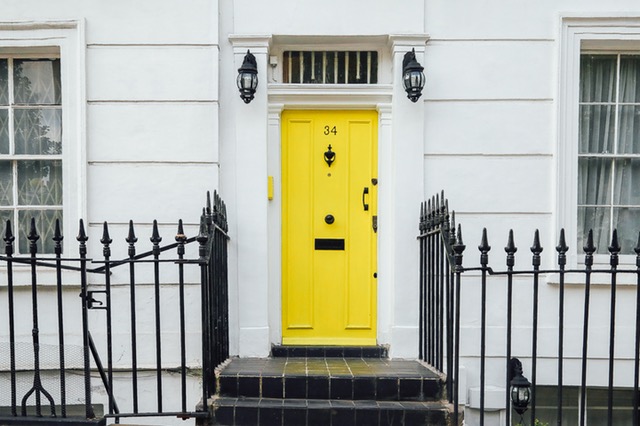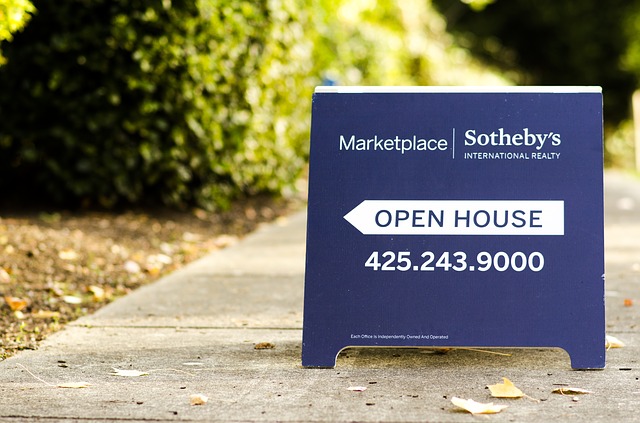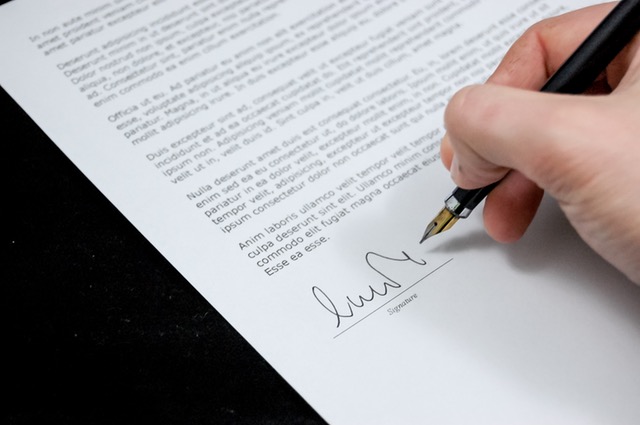Buying At Auction
Limiting yourself to properties being sold through private treaty could really narrow your possible property purchase options, especially with online auctions for Australian properties likely to become available in the next year.
An auction is perhaps the most transparent way to buy property, as bidding is public, and starts from the lowest price.
It’s emotional, and you’re putting a lot on the line, because buying a property at auction is an unconditional sale, without a cooling off period.
“If you’re fully prepared, at auction you simply execute the decision that you’ve already made.”
The secret to mastering the auction process is to arrive at auction day fully prepared, and to be willing to walk away if the price rises above the maximum you’re willing to spend on that property.
Advantages of Bidding at Auction
There's some pretty big advantages to buying a property under auction rather than private treaty that make the emotional stress of an auction worthwhile:
- The bidding process is public, so until online property auctions become available, you get to see who else is really interested in the house.
- The bidding process moves much more quickly, and unlike a private treaty sale, you can respond fast with a counter offer.
- An auction starts with the vendors lowest price, unlike a private treaty where the asking price is often 10% more than the final sale price. When the price starts low, there's a better chance it'll stay low.

It is possible to buy with a pre-auction bid, but as a buyer you’re probably better waiting for the auction day. Pre-auction sales generally go ahead when one buyer offers to pay a lot more than anyone else, otherwise the property generally proceeds to auction.
Preparing to Bid: Before the Auction Day
If you’re nervous about bidding at your first auction, you might authorise someone to bid on your behalf. You could ask a trusted friend or hire a professional buyers agent to bid for you on the day.
Your preparation before you get to the auction day is absolutely essential to ensure you bid with confidence.
Here’s what you need to do to prepare to bid at auction:
1. Get a finance pre-approval
With you finance approved before you attend the auction, there's no guesswork about how high you can stretch your budget - you have an exact figure to work with. You want to be 100% confident that if you make a winning bid, your finance is already unconditionally approved and the purchase can go ahead smoothly.
2. Be ready to write your deposit cheque
If you're successful, you'll need to pay your 10% deposit on the spot, when you sign the contract to purchase at the auction. Make sure you've got the funds ready to go. You might negotiate the deposit amount with the vendor before the auction day.
3. Love the Property You're Bidding For
Whether you're buying a home to live in or an investment, you need to be totally sure that this property is going to meet your needs.
4. Research and More Research
Do enough research before the auction day to be confident that you know the true value of the home, and what you’re willing to pay for it, so you can confidently set your maximum bidding price.

You might get a professional property valuation to find out the market value of the property.
Find out the value of other similar properties in the area.
Attend open inspections, and find out what the properties actually sell for, as well as the asking price.
When you know the market and the value of the property at auction, you can accurately identify your ‘walk-away’ price.
Though it may be disappointing to let a property go, there will always be another opportunity, and it’s much better than committing to a financial stretch.
5. Attend Auctions
Attending a number of auctions where you're not under the pressure of bidding will give you a feel for the nature of the auction process, and the valuable chanve to observe different bidding strategies.
If you can get to auctions by the same auctioneer who’ll sell the property you’re interested in so you get an idea of their approach and the language they use. This will give you the chance to find out exactly what to expect on your auction day.
6. Legal Advice on the Sale Contract
Have your conveyancer or solicitor review the contract before the auction and negotiate any amendments that they suggest.
7. Get a Building Inspection
Getting a building inspection done before bidding at auction is really important. An auction is an unconditional sale, so if you are successful, you don’t want to find out that there’s expensive renovations that need to be done or major structural issues.
8. Maintain a Strong Negotiating Position
Don't reveal your maximum price to the real estate agent to maintain your negotiating power. Real estate agents are pretty cunning at getting information out of people. you’re best off not revealing how much you’re willing to pay at auction.
By being cautious, you could get the property you want for less than your ‘walk away price’. This won’t happen if you let your maximum price slip and it’s used to set the vendor’ reserve price or to sway another buyer’s offer.
By following these steps, you’ll arrive at the auction in a strong position, ready to make a successful bid, or to walk away if the property climbs above your set price.
Registering to Bid
You’ll need to register as a bidder before the auction. This means providing the real estate agent with your name and address, as well a proof of ID. Note that you don’t need to leave your ID with the agent, or let them make a copy.

When you register you’ll be provided with a ‘Bidder’s Guide’ and a bat or paddle with your unique bidder number. During the auction, you’ll display this each time you make a bid.
Remember, registering to bid at an auction does not mean you’re obliged to make a bid.
Auction Day
You’re going to feel a bit nervous on auction day - this is to be expected. If you’ve done your thorough preparation, you can be confident that even though you might feel anxious, you know exactly what to do on the day.
Arrive early - allow extra time for traffic or an unexpected hold up. See who else is there, and whether they’re just onlookers or serious bidders.
Bidding Strategy
Being confident throughout the bidding process is the single thing that will carry you through to a successful purchase. This might mean having friends or family attend the auction with you for support, or it might mean attending on your own with your research and ‘walk-away’ price firmly in mind.
Be confident - make your bids fast and assertive within your set price.
Engage with the process and a bid boldly. You’ll attract the support of onlookers by demonstrating your confidence in the bidding process.
Don’t be afraid to make the first bid, and remember once the vendor’s reserve price has been reached, the auctioneer will announce that the property is ‘on the market’.
How to Make A Bid
The auctioneer will set the amount by which bids increase. These are called ‘rises’ or ‘bidding advances’. You don’t have to bid the amount set by the auctioneer, but if you bid less, they can choose to accept or reject your offer.
When you bid, call out your offer in full - say ‘$330, 000’ rather than calling out the increment ie. ‘$5000’. If the bidding doesn’t reach the reserve price and you’re the highest bidder, convention dictates that you’ll have the first right to negotiate with the vendor.
Bidding Techniques you might try:
- If a particular property is hotly contested, you might try a knockout bid within your price range - raising the bidding by a larger sum than those put so far.
- You’ll usually bid in round numbers.
- If you’re using a representative to bid on your behalf, or even if you’re bidding for yourself, it’s easiest set a round number as your limit.
- You should also have 2 extra bids that are not round numbers. This could give you an edge if the property goes close to the top price of another bidder.
Attend the auction prepared to miss out if the bidding goes above your ‘walk-away’ price. The research that you do before the auction day is essential to help you stick to this commitment.
What happens if I am successful?
The contract for sale will be signed on the spot, and you will also need to pay the pre-arranged deposit. The deposit at auction is usually 10% of the property purchase price.
You can negotiate alternative arrangements with the agent before the auction day.
Once the contracts are signed, your conveyancer starts the work of transferring the property title to your name, taking care of government fees and charges, and arranging the final loan approval and transfer of funds with your lender.

Bidding Terms you need to know
‘On the market’: once the auctioneer announces that the property is on the market, it will be sold to the highest bidder.
‘Passed in’: this is where the reserve price isn’t reached at auction.
‘Vendor bid’: these can be made before the reserve price has been reached. There’s different rules in different states, in South Australia, the vendor can make up to 3 bids to bring the price up to the reserve. The auctioneer must declare a vendor bid.
‘Rise’ or ‘bidding advance’: during the auction, the auctioneer will call for a set bid increase. If you bid below this amount, the auctioneer may accept or reject your bid.
